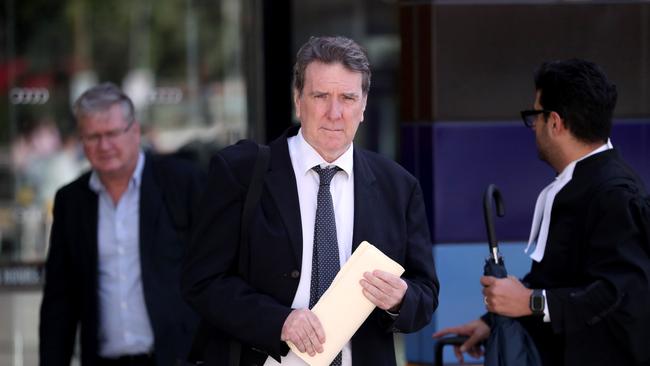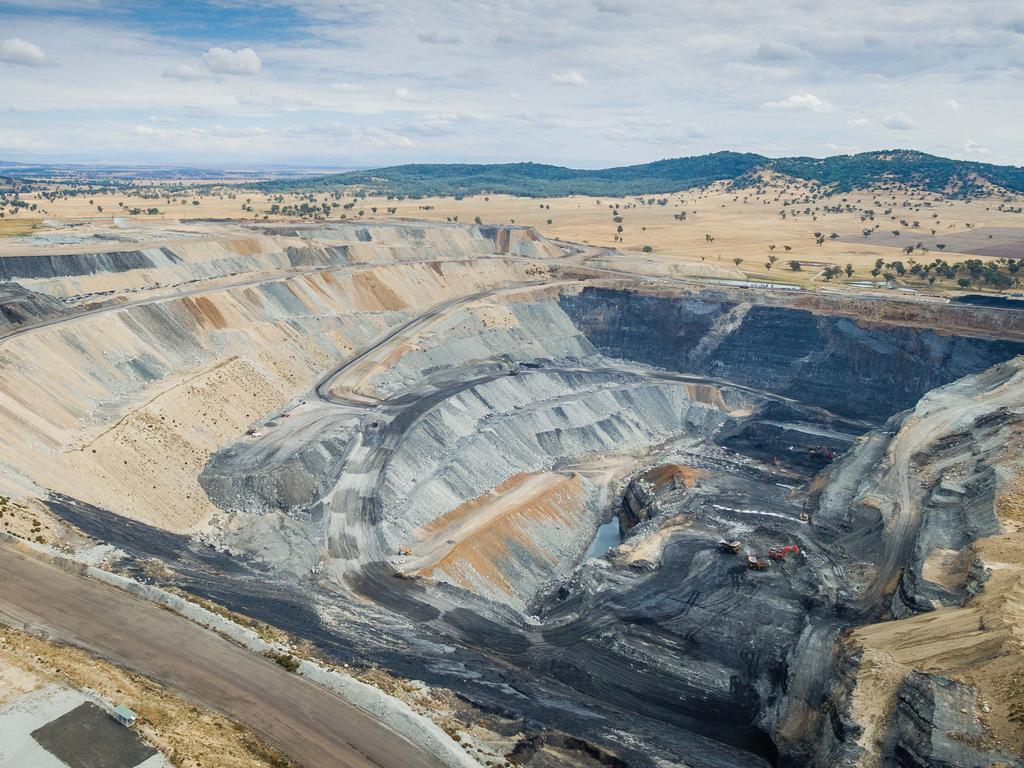Unions’ super cash splash from industry funds
Unions have pocketed nearly $9m in payments from industry super funds over the past financial year, sparking accusations that funds were making uncommercial payments.

Unions have pocketed nearly $9m in payments from industry super funds over the past financial year, sparking accusations that funds were making uncommercial payments not in the best interests of members.
Analysis of the Australian Electoral Commission’s transparency register by The Australian has revealed the Construction Forestry Maritime Mining and Energy Union collected more than half of these funds.
The largest payment declared by industry super funds was by First Super, co-chaired by former CFMEU national secretary Michael O’Connor, to the CFMEU for more than $2.5m.
The construction union cashed in on more than $4m from several funds including Cbus ($306,500), United Super ($300,105), BUSSQ ($334,303), Maritime Super ($339,387) and Mine Super ($202,196).
According to industry super funds’ annual members’ meeting statements, industry trade unions paid $11.5m to employer groups and unions across the same period.
Liberal senator Andrew Bragg urged the nation’s prudential regulator to crack down on large payments between industry super funds and trade unions amid concern they might be in contravention of laws that require super funds to ensure all payments were in the best financial interests of members.
Figures compiled by his office allege unions received more than $116m from industry super funds over the past 15 years, with the CFMEU receiving more than $33m across the same period.
“The laws we designed are strong and clear,” Senator Bragg said. “Super funds must not make uncommercial payments to their mates. APRA has now had enough time to consider these matters.
“They should now clean up the crook super apples by applying the law. Super is the people’s money, it doesn’t belong to the union.”
The Australian reported last year that the Australian Prudential Regulation Authority had began probing industry super funds on the nature of some millions of dollars in payments made annually to trade unions, commencing preliminary analysis of data published by the AEC.
Industry Super Australia, which represents some of the largest funds in the country, has consistently rejected the claims. Its chief executive, Bernie Dean, said payments were made from trade funds to unions for director fees, sponsorship, marketing arrangements or returns on investments.
“Everyone has moved on from the super wars, except for Mr (sic) Bragg, who continues to peddle false claims about industry funds,” he said.
He suggested Senator Bragg had a conflict of interest as he had previously worked at the Financial Services Council representing for-profit super funds, which ISA said donated $359,599 to the Coalition and affiliate fundraising bodies.
However, the FSC said these figures were incorrect and confirmed it had donated $386,985 to political organisations — of which $193,357 to the Coalition and $193,628 to the ALP over the past five years — and that it prided itself on not being politically aligned.
Opposition workplace relations spokeswoman Michaelia Cash said the regulator must investigate payments to unions with workers “unaware” that millions of dollars of their earnings were being paid to unions.
“With the large amounts of money involved, it is incumbent on the regulator to look closely at all payments,” she said.
The Coalition has accused some of the largest funds of effectively supporting the ALP through the transfer of millions of dollars a year for services and director fees.
Before the former Coalition government passed the Your Future, Your Super legislation in 2021, funds would make “sponsor” payments to unions to encourage workers to join them. According to evidence before the financial services royal commission, these payments totalled some $30m in the five years to 2019.
Financial Services Minister Stephen Jones said Labor would not wind back requirements for super funds to act in the best financial interest of members after his push to remove a requirement for funds to itemise spending on political donations and industrial bodies failed amid crossbench revolt.







To join the conversation, please log in. Don't have an account? Register
Join the conversation, you are commenting as Logout